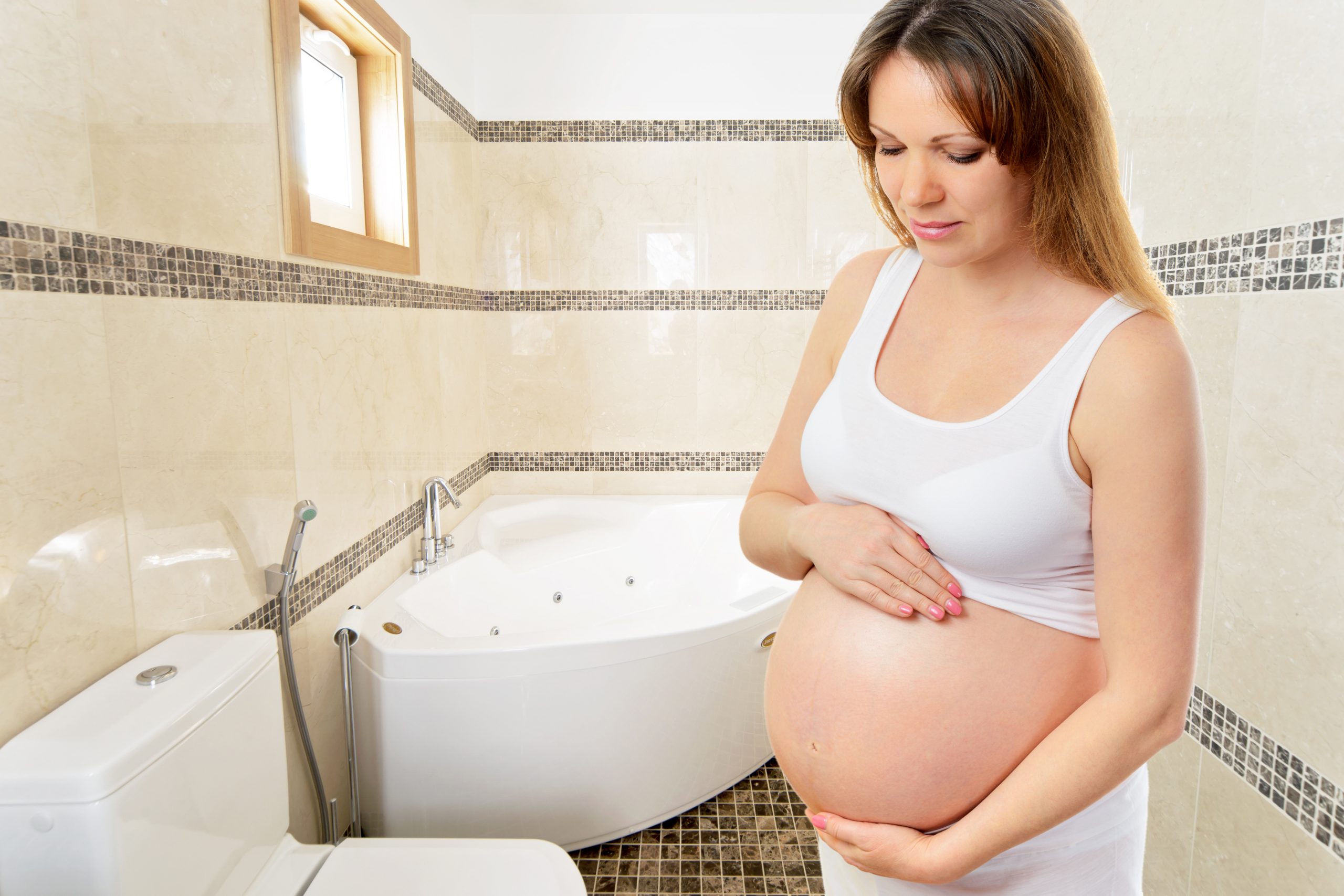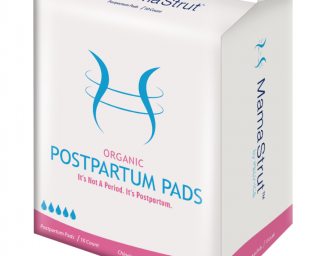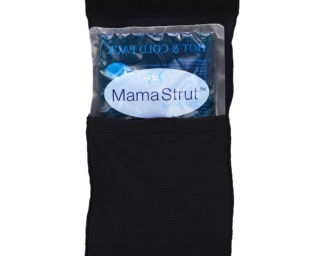
Fecal Transmission of COVID-19
The outbreak of COVID-19 has everyone covering their faces, washing their hands and practicing social distancing. Those that are pregnant are even more cautious. This is wise because pregnancy weakens the immune system making you more vulnerable to sickness. One of the most concerning parts of our situation is that so little is known about the virus. This makes every precaution worth while, especially when it comes to the health of your baby.
The World Health Organization states that COVID-19 is transmitted through respiratory droplets containing the virus or the virus being suspended in the air. This is why staying away from people, facemasks and sanitising are so important. But exposure to COVID-19 isn’t limited to the routes everyone is talking about.
COVID-19 – Not Just Respiratory
Some patient results listed in Nature Reviews Gastroenterology & Hepatology found that
those that are no longer testing positive for Coronavirus in their respiratory system are consistently still testing positive in rectal swabs.
A study in the American Journal of Gastroenterology found that 99/204 patients stated digestive problems as their main issue (diarrhea, vomiting, nausea) resulting from their COVID-19 infection. There have even been patients that did not exhibit signs of respiratory problems that have tested positive in their rectal swab. Not all patients experience the discomfort in their stomachs either. Unfortunately that means even if you aren’t having trouble breathing or having stomach issues, you could still have the virus.
Researchers say that the virus could stay around longer in the digestive system than in the respiratory system. The City University’s Department of Architecture and Civil Engineering published that toilets can spread left behind bacteria far into the air and the surrounding objects through droplets from flushing.
How COVID-19 reacts with the gastrointestinal tract and is spread through fecal matter and even in water are still some of the unknowns.
Pregnancy and Stomach Problems
The issues a normal person might face if they contract the virus are horrible. If you are pregnant, the worry of course increases. Gastrointestinal issues and pregnancy are of concern when it comes to pregnancy. A study published in the Open Forum for Infectious Diseases found that in a sample of 527 pregnant women experiencing diarrhea, a small gestational age was increased by approximately 20%.
Dehydration from diarrhea can lead to serious health complications and even be fatal for both mother and baby. Dehydration can affect how nutrients are carried throughout the body and negatively impact breast milk production. Dehydration can also lead to low levels of amniotic fluid. Amniotic fluid is essential to your baby’s development and can increase the chance for preterm labor.
The Bottom Line
Nobody knows all of the facts about COVID-19. The new research being done on the virus and fecal matter illustrates that taking more safety measures is better right now. In addition to your respiratory defenses you should also be taking care in the bathroom.
-
Don’t use public restrooms
-
Wash your hands thoroughly after the bathroom
-
Put your toilet seat down when flushing
-
Clean and disinfect your bathroom and toilet often
-
Don’t hug the toilet if you’re experiencing morning sickness
References:
https://www.familyeducation.com/immune-system-pregnancy-step-step-guide
CDC Recommendations/Higher risk of respiratory infections: https://www.cdc.gov/coronavirus/2019-ncov/need-extra-precautions/pregnancy-breastfeeding.html?CDC_AA_refVal=https%3A%2F%2Fwww.cdc.gov%2Fcoronavirus%2F2019-ncov%2Fprepare%2Fpregnancy-breastfeeding.html
https://www.healthline.com/health/pregnancy/dehydration#What-causes-dehydration?-
https://www.ncbi.nlm.nih.gov/pmc/articles/PMC4161079/
https://www.nature.com/articles/s41575-020-0295-7
https://pubmed.ncbi.nlm.nih.gov/32284613/?dopt=Abstract
https://www.scmp.com/news/hong-kong/health-environment/article/3050502/coronavirus-hong-kong-study-shows-pathogens-can




